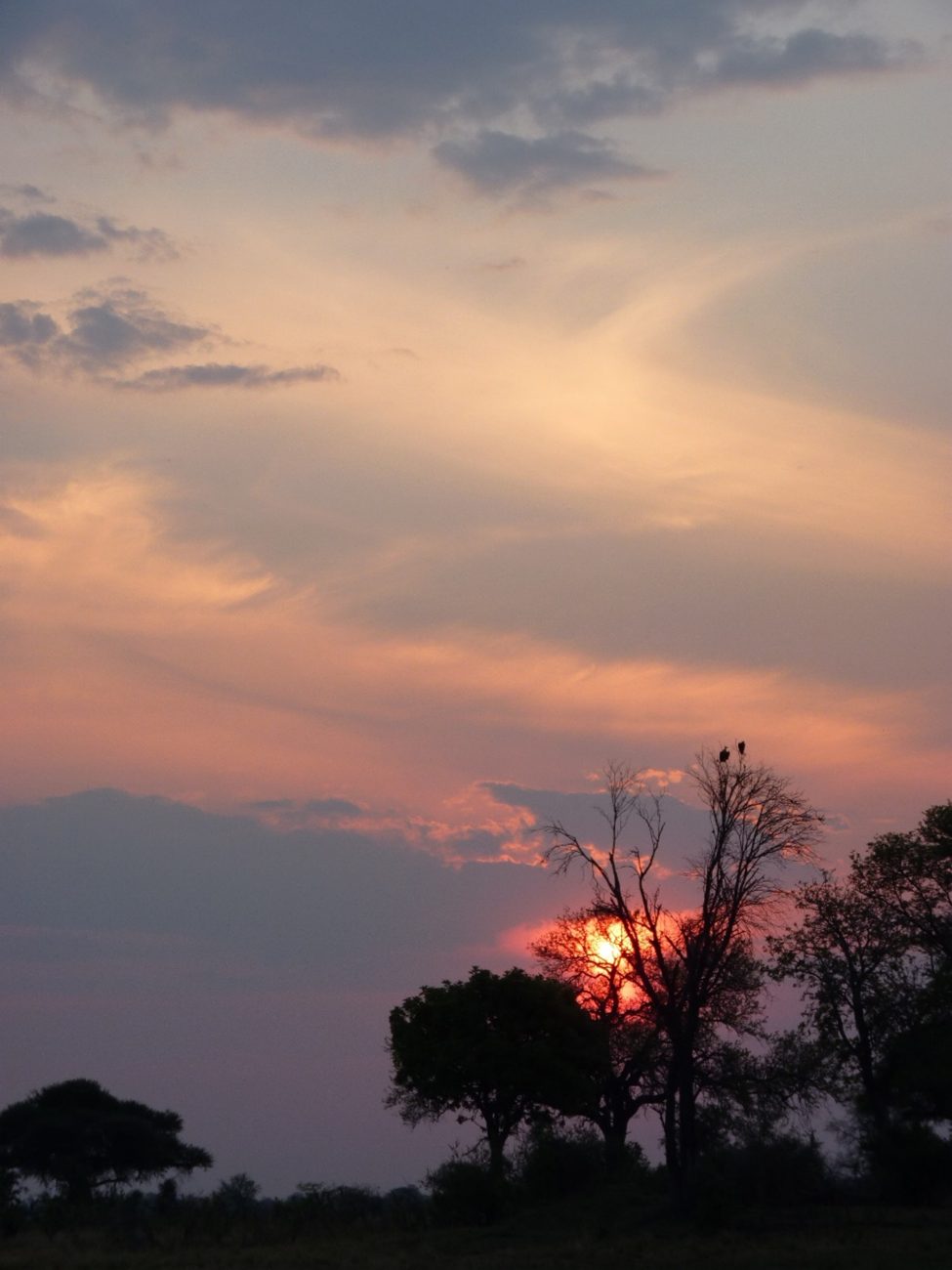
The joys of unexpected field work
Cláudia Faustino
July 30, 2020
How does one study vultures?
In my case, I got lucky and got access to an untouched dataset. Then, I got a weeks notice for a fieldwork opportunity in Namibia, which I enthusiastically took. I knew very little about vultures when I first went, and I will never forget the experience.
My PhD project used data collected from satellite-based tags attached – with care, by our experienced field colleagues — to the back of the vultures. Back in St. Andrews (where I live and study, in Scotland), I analysed the data to see how vultures move and interact with their environment.
As exclusive scavengers, vultures do the vital work of keeping the environment free of rotting carcasses, and are as such considered “ambassadors” of ecosystem health. Nonetheless, their populations have been declining steeply mainly due to food shortages and mass poisoning. Some people never get to experience how their research data is collected, but I got lucky. When the opportunity to do a two-week stint in the field came up, I jumped on a plane to Windhoek, the capital of Namibia.
There, all the field equipment, collected by the lead researcher – a wildlife vet – along with my clothes and food supplies were packed into an awesome four-by-four SUV. My first job was to drive the supplies ~600 miles to Bwabwata National Park, our field site. The field work also required a plane and so the lead researcher was to join me two days later having flown a two-seater plane there himself! How cool is that!
Navigating through an unfamiliar country, on bumpy gravel roads, in +30ºC, and without AC was challenging. I needed two days to complete my drive, so I stopped to overnight at the farm of another fieldwork volunteer. The morning that I left he was tending to his cattle, and later that day he drove up to help with tagging vultures.

On our arrival, and as it was getting late, the three of us parked our respective vehicles on the airstrip and settled for the night. I’ll never forget falling asleep on the car roof, under the wide open African stars, listening to an orchestra of unfamiliar animal sounds. The next morning we set out, and overall we camped in 3 or 4 other places within the Park. Other than a few villages and some tourists, there are very few people Bwabwata National Park. The nature here remains vibrant and pristine. It felt like a blessing to see all the iconic wildlife: hyenas, wild dogs, a monitor lizard, hippos and elephants, to name but a few.
The fieldwork consisted mainly in setting a baited trap, waiting for hours under the shade, and eventually rushing to the trap to release the bird – a definite rush of adrenaline! During this fieldwork, I also got to hold a vulture for the first time in my life. These are hefty birds with a strong beak and, as scavengers, they certainly didn’t smell great.
Overall, the fieldwork was a success. We saw plenty of vultures, and managed to tag three. I was grateful for field colleagues who could fly planes, and those that managed to solder broken equipment in a rush.
If you get the opportunity for field work in Namibia, even if it’s short notice, my advice is you take it.
